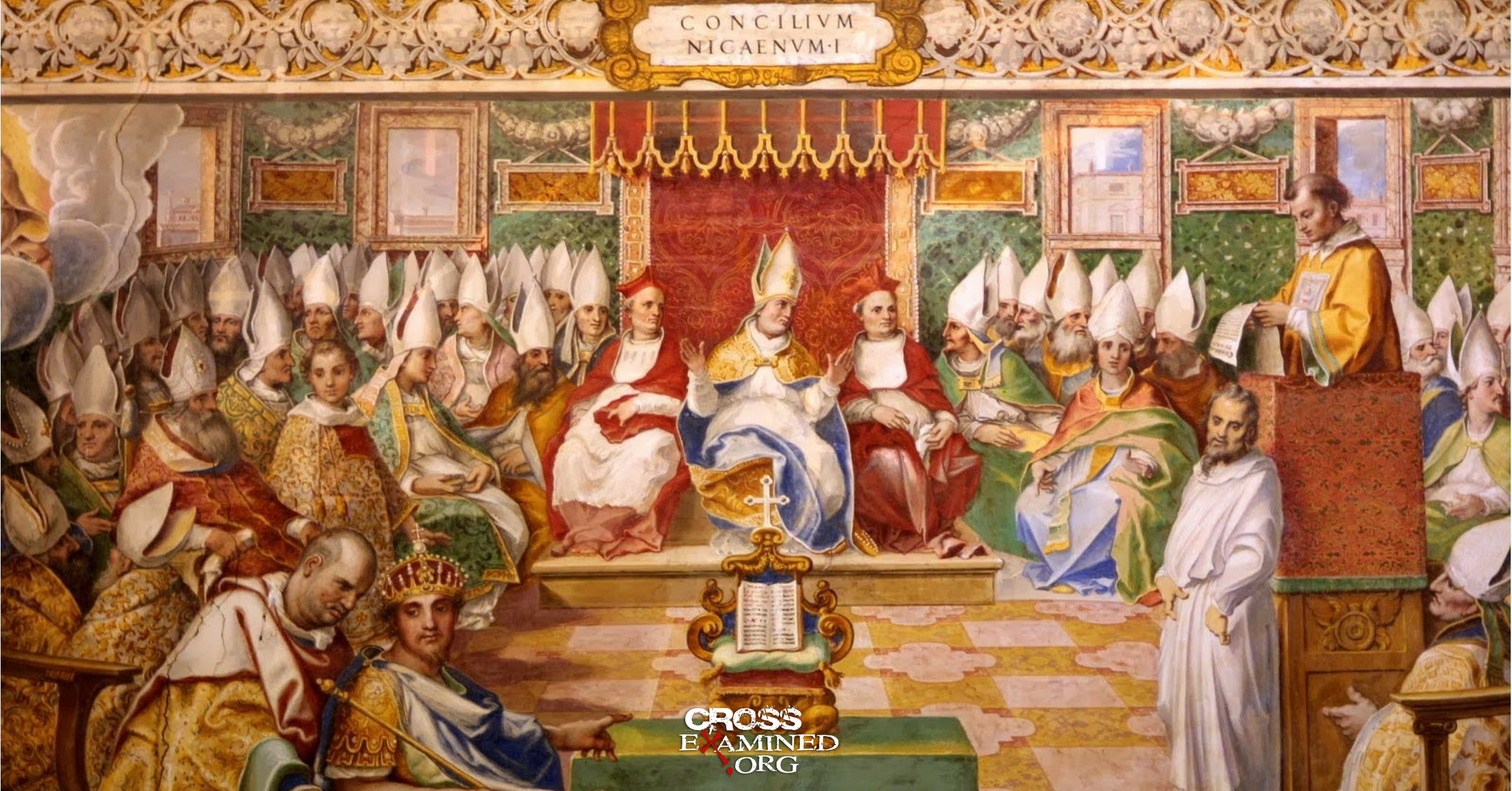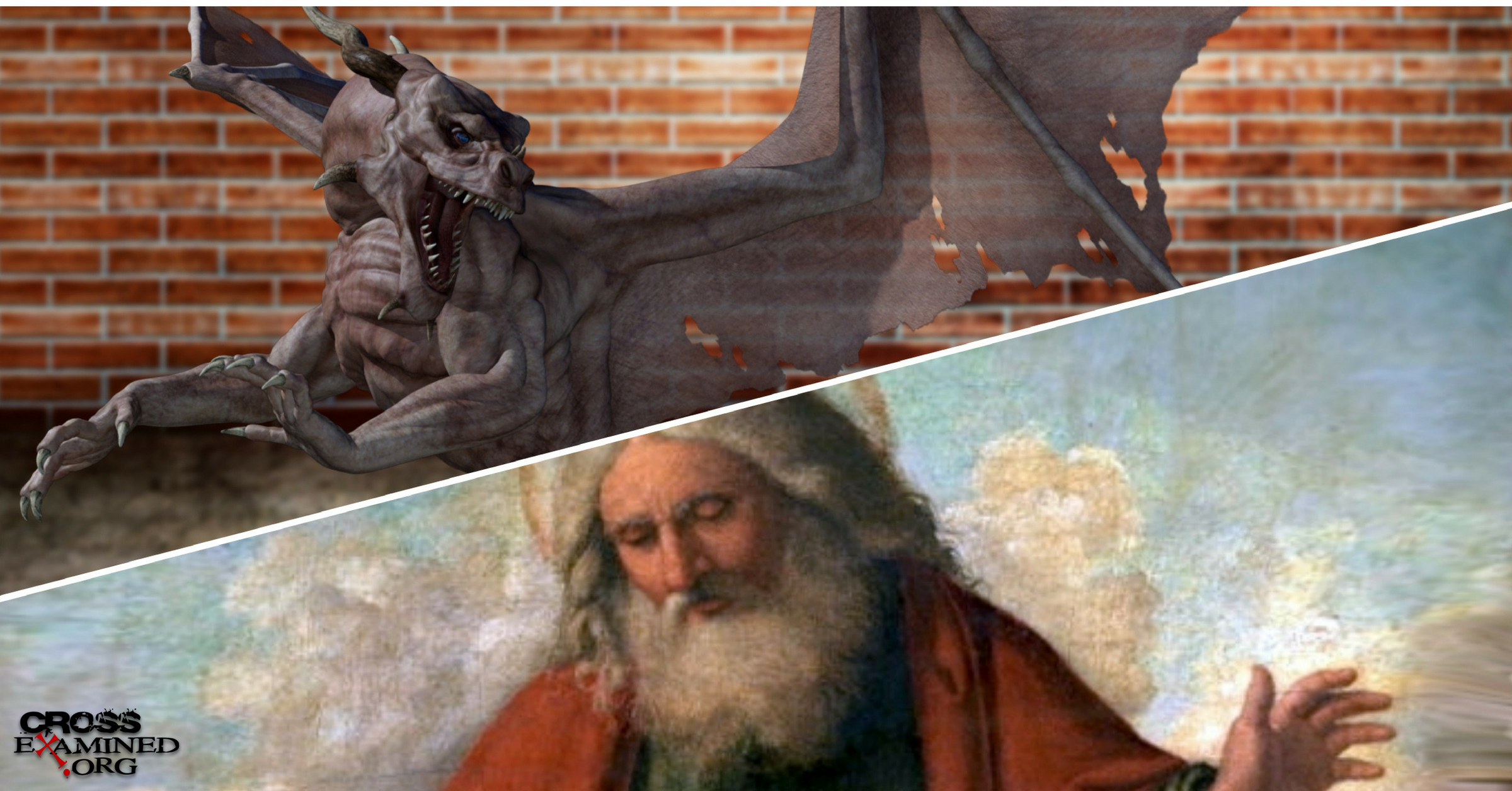Is God in time? This is a popular question. Does it matter? What does it mean for God to be in time or not? In this article, I will argue that the answer to this question is terribly important in maintaining a biblical and orthodox view of God. In order to answer this question, we must first ask, “What is time?”
“Are you an A-theorist or a B-theorist?” I’m often asked. A-theory and B-theory have been two major views of time since the early 20thcentury. The A-theory states that the past, present, and future exists in some way. We are moving “through” time in a sense. Some views of this theory hold that the past is getting bigger with each passing moment; others hold that the future is getting smaller. The commonality is that time is moving from future to past. Since this view holds that there are different tenses, it is considered a “tensed” theory of time.
The B-theory holds that there are no tenses and that all events exist either simultaneously, before, or after one another, because time doesn’t “pass” through one moment to the next. Thus, it is considered a “tenseless” theory of time. Instead of saying event A is past in relation to event B, the B-theorist would say that event A is before event B. For example, George Washington exists before Abraham Lincoln, but not in some temporal existence called “the past.” In both of these theories, time is said to “exist” in some way. Thus, time is not moving in any way, but we can describe events temporally by saying one event is before or after another event without using tenses such as “past” or “future.”
An oft-forgotten view says that time doesn’t “exist” at all. The A and B theories “reify” time (from the Latin res meaning “thing”). That is, they make time into an existing thing. Rather than saying time is a thing, those who follow Aristotle say that time doesn’t exist; rather, things exist and time is a measurement of how those things change. For example, there is no such thing as a year. A year is simply the measurement of how long it takes the Earth to revolve around the sun. It is a measurement of the Earth’s change. In my view, this view has more explanatory power and creates fewer problems. This discussion gets very technical very fast, but this is the gist of it. So how does this relate to God?
Methods of Inquiry
There are two basic ways to ask, “Is God a temporal being?” One is to look at all of the problems that arise with one view or the other and take the opposite position. Such a method has become par for the course in issues of metaphysics and philosophy of religion. The other way is systematic. Instead of simply seeing which view has fewer problems, a systematic view first deduces what God’s nature is like and then looks at how to answer such questions as to how does he relate to creation? Such a method is less ad hoc (that is, one doesn’t just make God up as he goes in an effort to solve problems), but rather tries to gain an understanding of what God is like before even asking secondary or tertiary questions. God’s nature thus becomes primary and such questions become secondary.
In keeping with the first method (of solving problems before first seeing what God is like), many contemporary thinkers on this issue believe that God must be temporal. Several arguments are marshaled for this conclusion. One common one is God’s knowledge. It is generally conceded that God knows what is going on in the world. But things in the world are changing. If what God knows changes, then God’s knowledge changes. But if God’s knowledge changes then God changes. And if God changes then he is temporal. It is argued that if his knowledge does not change, then he can’t have knowledge of the changing world. However, if he doesn’t have knowledge of the changing world, then his knowledge is limited. His knowledge is not limited. Therefore, he knows the changing world and is thus temporal.
This type of argument suffers from blurring the Creator/creature distinction. It unduly anthropomorphizes God. A Thomistic (following Thomas Aquinas) response to this argument is to point out that God is not a human and does not know the way humans know. We know through our senses. God does not have senses, so he can’t know that way. This is not a limitation on his part, for he knows his creation in a more perfect way. Rather than having to “look outside” of himself in the way we do, since God is the creator and sustainer of creation, he knows the universe by simply knowing himself since he is the perfect and complete cause of it. He is an eternal cause of a temporal effect. He has complete and perfect knowledge of his creation simultaneously. He is not reactive; he is pure act. He does not have to wait and see what is going on. Thus, his knowledge is timeless.
Defenders of divine temporality may retort that since the future isn’t a thing to be known as it does not exist and only existing things can be known. However, this unnecessarily reifies time (makes it into a thing). It further begs the question by saying God necessarily knows by some temporal means. If he does not, God does not need to “wait” for the future to happen, as he doesn’t learn in that way anyway. This reply also seems unbiblical as it is clear God has “foreknown” or ordained things “prior” to his creating the universe (Eph. 1:4). He does not need to wait and see what happens.
An example of a systematic approach is that of Thomas Aquinas. He first argues that God is pure act (existence), and is thus simple. Divine simplicity means that he has no parts (physical or metaphysical). (If you want to know more about divine simplicity read this article. This article deals with objections to the theory.) If he has no parts, then he cannot change, since change requires at least two parts: a state of existence and a state of possible existence that becomes actual. If God has no such metaphysical parts, then he can’t change. Further, if time is the measurement of change, then God is not measured by time. He is thus not temporal, but atemporal or eternal. Such states are philosophically different from ‘everlasting’ as the latter means always existing with no end. A temporal being like humans are everlasting, but this state of existence is different from an atemporal being that has no succession of moments or change.
Problems With Thinking God Is Temporal
Many problems arise if we say God is temporal. Ultimately we will again be blurring the Creator/creature distinction. If God is temporal, then he is changing, reactive (not active), and passive. If he changes, then he is composed of act and potency (existence with the possibility to change, which are different metaphysical parts). If he is composed, then he needs a composer, and he is not God. Further, if his knowledge changes, then he is not infinite since his knowledge would be increasing (an actual infinite cannot increase or be added to as it would not be infinite, to begin with, if more can be added to it). He also would not be perfect. What would he be changing from imperfection to perfection, perfection to perfection (this is not possible), or perfection to imperfection? The first option would seem to be the case since he would be learning something he did not know to begin with.
The difference with such a picture of God is that it rejects the classical picture of God as taught in the creeds, by the church fathers, and what Scripture and reason dictate. It replaces classical theism with process theology. Process theology teaches that God is in a process of becoming (becoming actual). He in a way learns, grows, and becomes. This picture of God is very passive, and often makes God part of his creation. Mainline Christians reject such a notion of God explicitly, but many implicitly endorse such a notion when they say God is temporal. For, if he really is temporal, then he is changing. And to be in a state of change is to be in a process. Thus, process theology rears its ugly head, even if in a nicer outfit. We are also left with this “God” being finite for the above reason that his being is added to in terms of knowledge and possibly other areas.
But What About the Bible?
The Bible describes God as being active in the world, changing in certain ways, and seemingly not knowing things, such as what was going on in Sodom and Gomorrah: “I will go down to see whether they have done altogether according to the outcry that has come to me. And if not, I will know” (Gen. 18:21). The Bible also describes God in various metaphorical ways, such as having physical body parts. Such descriptions are figures of speech. When trying to discover what God is like we need to describe him in literal ways. We know him through creation, as Paul says in Rom. 1:18-21. This means that we don’t make metaphors literal, metaphysical expressions of the divine nature. If God is spirit (John 4:4), then he can’t have body parts. The Bible is not contradicting itself; it is sometimes using metaphorical language and sometimes using metaphysical (literal) language. There are truths in metaphorical expressions, however. For example, when the Bible says that God is a rock, it means that like a rock he is strong and provides protection. Further, the Bible is not a systematic theology book. It does contain theology, but it is primarily a series of books and letters written to convey God’s relationship with Israel in the Old Testament, and the gospel and how it relates to believers and unbelievers in the New Testament. But it is not a systematic theology or philosophy book. Again, as Paul says, God’s “divine nature and eternal power” are known through creation. We know what God is like in a more literal way by studying him through his creation.
Conclusion
Questions like the one we have been considering are not just for professional philosophers. The way we answer this question will determine what we think about God and his relation to time and about his nature and his relation to creation in general. The answer to such questions should not arise out of simply trying to solve problems one by one; but rather discovering what God is like from his creation and then answering questions after we have a systematic view of God’s nature and attributes. This is an incredibly important issue that requires much consideration. It is part of being an intellectual and informed Christian. It is also one way we can worship God with our minds.
Original Blog Source: http://bit.ly/2PukGPQ










